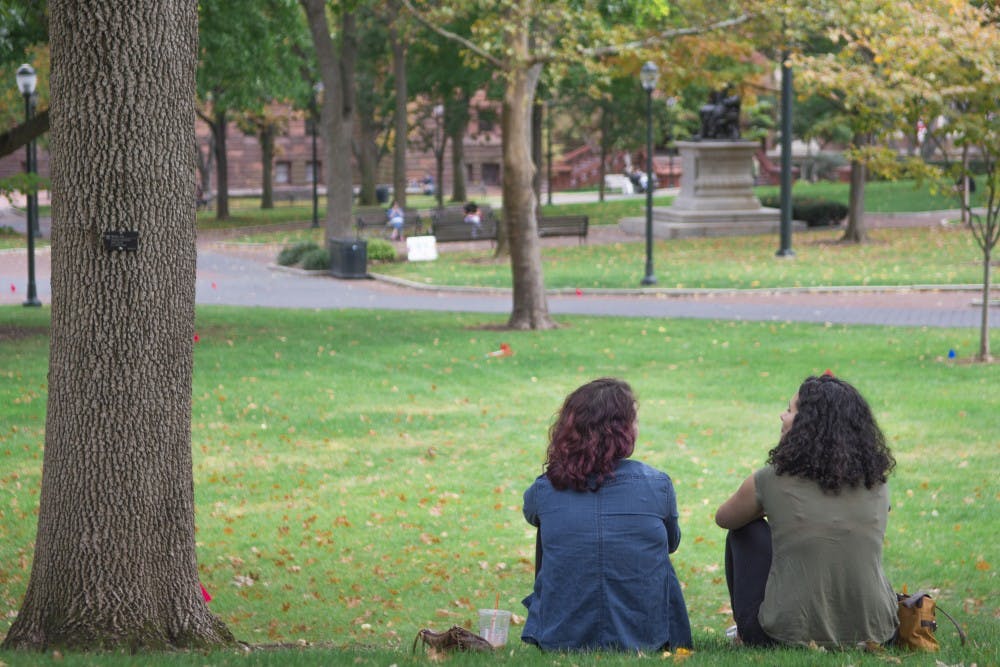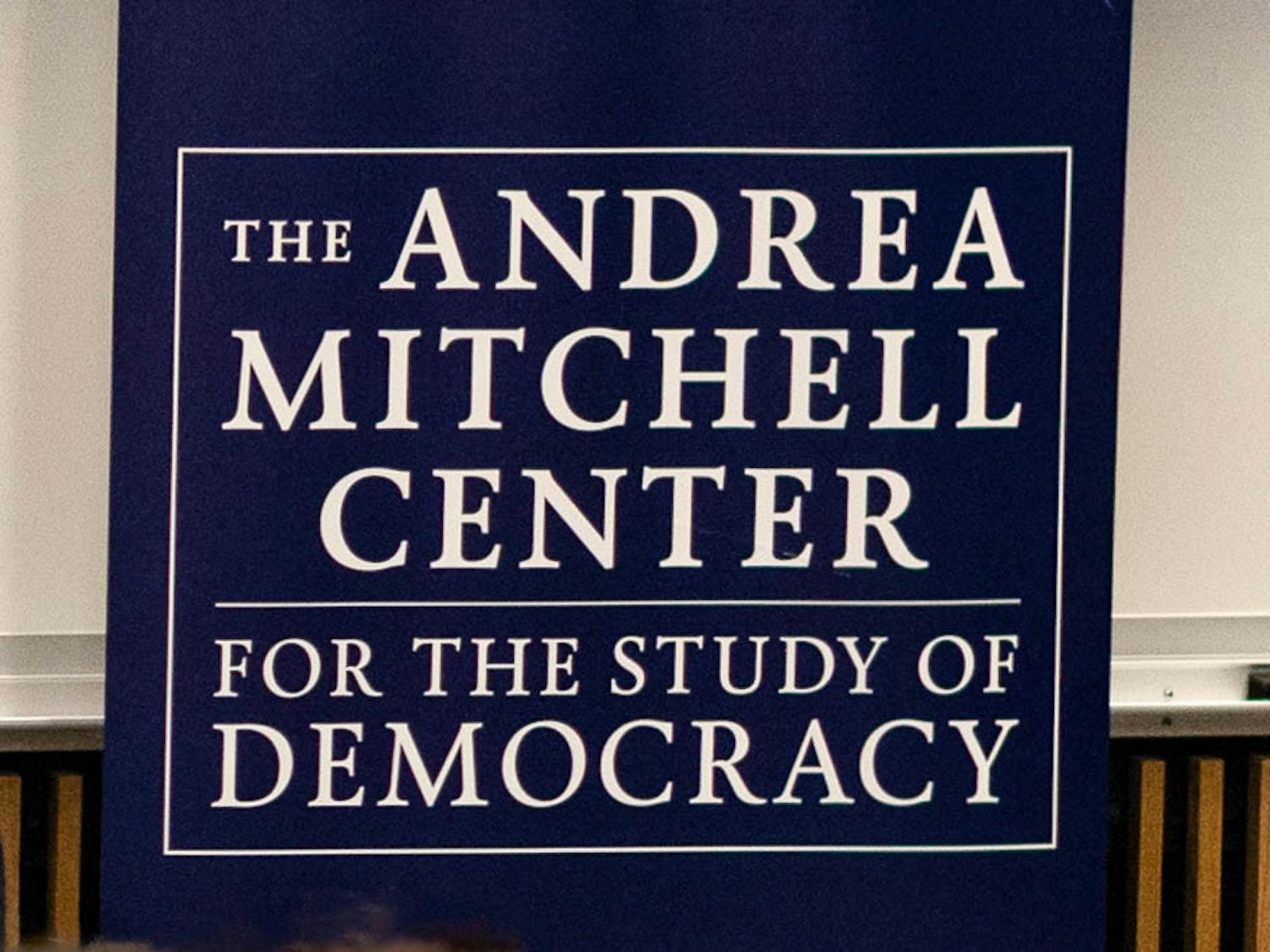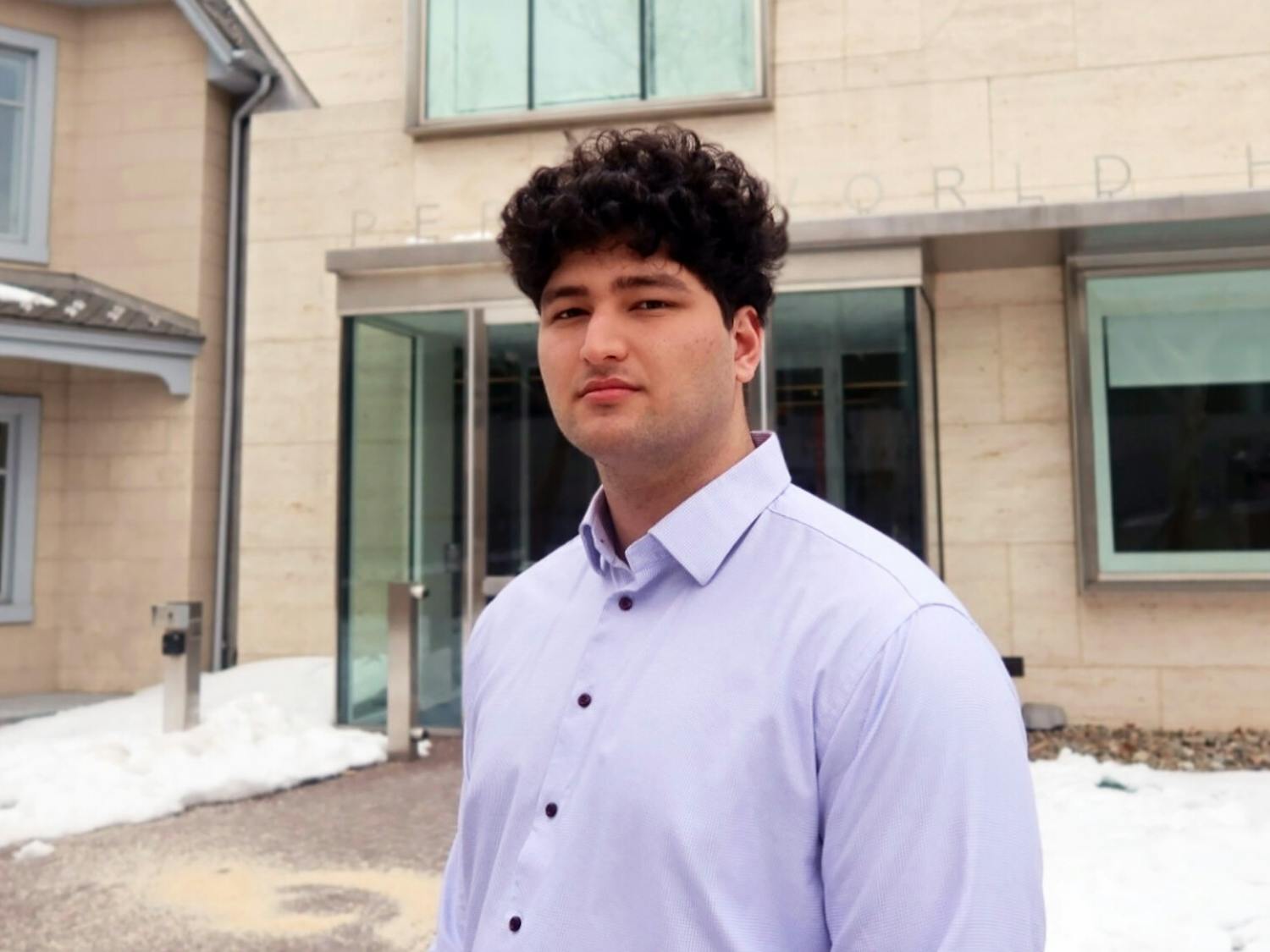This semester, Penn Association for Gender Equity has bold plans to make feminist spaces more inclusive for women of color.
“It is one thing to say you’re for intersectionality, but another thing to show that you are,” PAGE chair and Wharton senior Megan Yan said. “We want to make brave moves rather than just saying we stand for this and that.”
Yan’s comments come in the wake of a spring semester where PAGE held a series of events centering on women of color. These events culminated in a town hall on the subject that was held at the ARCH building last April.
In a newsletter announcing the town hall, PAGE wrote, “PAGE and the Penn Women's Center have traditionally been white spaces on campus. As women of color and allies on PAGE Board, we would like to change this narrative and open these spaces to more women of color.”
The town hall came after several board members noticed that many of their peers who were involved in cultural centers like Makuu and Pan-Asian American Community House were not as active at the Women’s Center, and vice versa. There seemed to be a distance between the two communities that needed to be bridged.
“I’ve felt more comfortable at PAACH than at some feminist spaces,” said facilitator for the Asian Pacific American Women program and College sophomore Miru Osuga. “I was interested in the town hall because feminist spaces are meant for me and I wanted to find out why I don't always utilize them.”
Yan, who formerly served as business manager of The Daily Pennsylvanian, said there are feminist spaces on campus that have a history of being dominated by white students. Even though this has changed, especially with the formation of affinity groups like Sister Sister ––a support group for black female studentsit can be difficult to break the perception of these spaces as being exclusive to women of color.
Yan also said that this issue is more than just misperception. When the PAGE board observed that they were not reaching certain communities, they considered if this was because they had not done enough to prove their solidarity with women of color.
The town hall was a major first step in addressing these concerns. Chair of the United Minorities Council and Wharton senior Temilola Ransome-Kuti attended the event.
“It wasn't just some abstract conversation,” she said. “We really tried to determine what tangible actions PAGE could take to be inclusive.” One suggestion raised was more collaboration with communities of color, which will be a priority for PAGE in the new school year. The group intends to engage female leaders in each of the resource centers and work with them to hold discussions on Penn’s feminist spaces within their own communities.
“We don’t just want to have women of color do the work of coming to us and to a space that they aren’t necessarily comfortable in,” Yan said. “We want to go to them and show explicitly that their involvement is important to us.”









